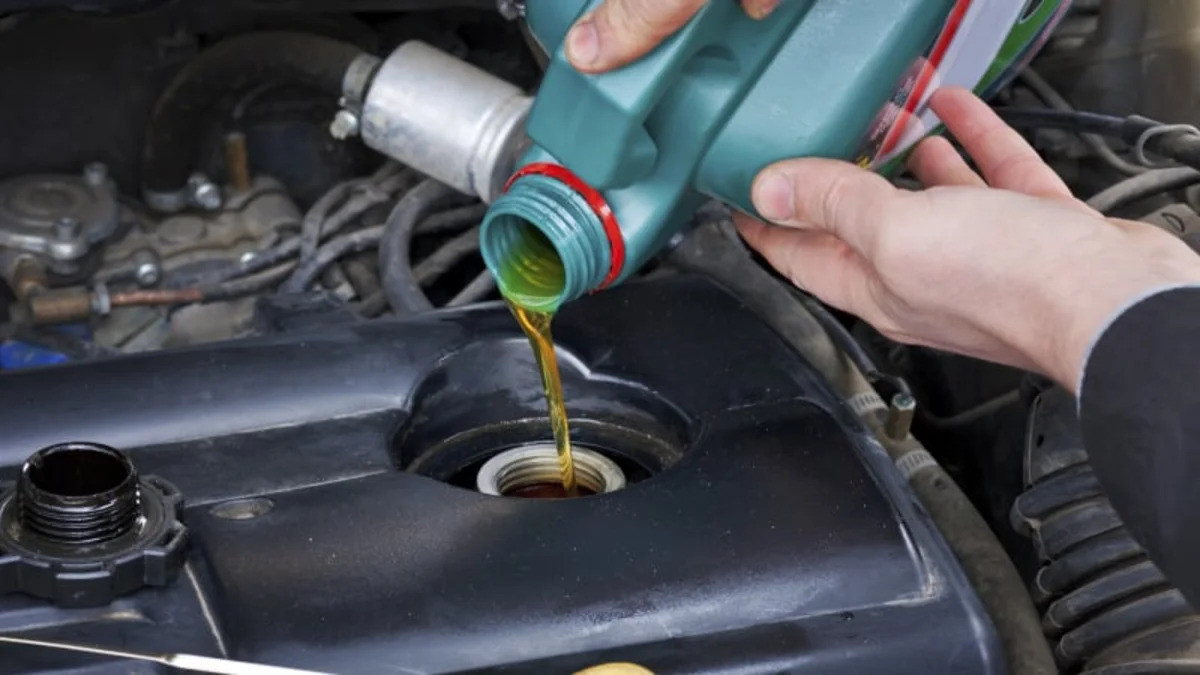Oil changes: You may know that they are important for your car's overall health. You may even take your car into the local dealership or repair shop for regular oil changes thanks to the nifty reminder sticker on your windshield. But, have you ever asked yourself how important is that little number on your oil change sticker? Before delaying your impending oil change another week, it's important to learn why oil is important to the health of your car.
Why oil changes are important
Motor oil is vital to the health of your vehicle and keeps your car engine running smoothly. Not only does it lubricate your engine's moving parts, it helps prevent your car from overheating by reducing friction and removing heat. The oil can also act as a barrier of sorts, suspending dirt and other particles so they don't damage your car engine's internal parts. Heat from your car's engine breaks down protective compounds in the oil, reducing its effectiveness in lubricating and keeping your car engine clean. Regular oil changes not only remove the gunk trapped in the oil, they also help ensure that your car engine is properly lubricated - helping prevent engine damage caused by overheating or friction.
Oil change basics
When looking to change your oil, it's best to go with what your car's manufacturer recommends in terms of type and weight of motor oil as well as the quality of oil. You can find this number or number range on the oil cap in the engine bay or in your owner's manual.
Oils are usually measured with two numbers - like 5W-30. These numbers measure the viscosity of the oil, or how thick the oil is as the temperature of your engine changes. In this example, 5W refers to the oil's viscosity rating when it's colder - a thinner oil can move more quickly through the engine. As you use your car and your engine heats up, the viscosity increases - in this example to 30 - and the oil thickens.
Oils come in several viscosities and blends, so make sure you do the research to find out which is best for your car model. Provided you use the recommended oil, newer cars will generally run longer between oil changes than older models. That said, how often you change your oil is greatly influenced by your driving behaviors: stop-and-go driving versus smooth driving, driving shorter distances versus longer distances, weather conditions, how you drive, the road conditions you drive on, and more.
Service intervals
According to the California Integrated Waste Management Board, the 3,000-mile oil change is a myth. Even so, there are no hard and fast rules on when you should get an oil change. It's best to stick with what your car's manufacturer recommends in terms of oil change frequency. If you cannot find your manufacturer-recommended service schedule, a quick internet search - or even utilizing information provided by government organizations like CalRecycle - can help point you in the right direction.


Sign in to post
Please sign in to leave a comment.
Continue